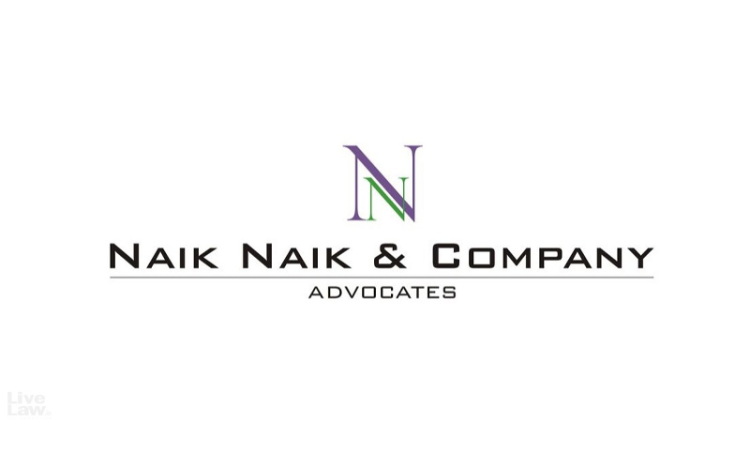Finding Regarding 'Default' Ought Not To Be Recorded Before Submission Of RP's Report
Deepak Deshmukh and Jahan Chokshi
4 Aug 2022 10:12 AM IST

The National Company Law Appellate Tribunal ("NCLAT / Tribunal") in its recent judgment in Kanchan Nanubhai Desai Personal Guarantor (Anoushka Medicare & Diagnostics Pvt. Ltd.) v. Finequest Financial Solutions Pvt. Ltd[1] has reaffirmed that in an application filed under Section 95 of the Insolvency and Bankruptcy Code, 2016 ("Code") the National Company Law Tribunal ("NCLT") ought not to record findings regarding 'default' before the report by the Resolution Professional, as required under Section 99 of the Code, is submitted.
Facts:
The Resolution Professional for Anoushka Medicare & Diagnotics Pvt. Ltd. ("Corporate Debtor") filed a petition under Section 95 of the Code against the Personal Guarantors of the Corporate Debtor ("Appellants"). The NCLT directed the Resolution Professional to submit his recommendations with reasons in writing for accepting or rejecting the application, in accordance with Section 99 of the Code while holding that there was no doubt in the minds of the bench that there had been a 'default' by the Appellants. It was further stated that the application by Resolution Professional had been 'allowed'.
The order passed by the NCLT was challenged before the NCLAT on two grounds. Firstly, that the NCLT ought to have asked for confirmation of the appointment of the Resolution Professional from the Insolvency and Bankruptcy Board of India ("Board") as envisaged under Section 97 of the Code and Secondly, that there was no need to record any finding regarding default at the stage when the report of the Resolution Professional had not yet been submitted.
Findings of the Appellate Tribunal:
The NCLAT considered both the submissions briefly in light of the provisions as laid down under the Code.
(i) Confirmation from the Board
The NCLAT held that the statutory scheme under Section 97 required that when an application is filed by the Resolution Professional under Section 95, the NCLT shall direct the Board within seven days to confirm whether any disciplinary proceedings are pending against the Resolution Professional or not and the Board is required within seven days to communicate in writing either confirming the appointment of the Resolution Professional or rejecting it and nominating another Resolution Professional.
However, in the instant case, the NCLAT was of the opinion that since it was not the case of the Appellants that any disciplinary proceedings were pending against the Resolution Professional, it would not be useful to direct the NCLT to seek recommendation of the Board for confirmation of the Resolution Professional. Therefore, the order of the NCLT was not interfered with to that extent.
(ii) Recording of finding on 'default'
The NCLAT while placing reliance on the judgment in Mr. Ravi Ajit Kulkarni v. State Bank of India[2] wherein it was held that the stage for considering default would arrive when the matter is taken up under Section 100 of the Code, held that the NCLT ought not to have recorded any finding regarding default, which ought to have left for the Resolution Professional to consider and submit a report.
It was contended on behalf of the Respondent that the finding regarding default was only a prima facie observation, but this contention was negated by the Tribunal. Consequently, it was ordered that the recordings in this regard be deleted from the order of the NCLT to avoid any prejudice to any of the parties. It was also noted that Resolution Professional was given full liberty to make a recommendation with reasons in writing for the acceptance or rejection of the Application.
This judgment is in line with the previous judgment of the NCLAT in the matter of Mr. Ravi Ajit Kulkarni v. State Bank of India. Even though considering the facts and circumstances of the matter, the requirement for recommendation from the IBBI was waived, it was clearly stated that the Code provided that the NCLT must direct the Board to confirm the pendency of any disciplinary proceedings within the given time frame. Most importantly, it has been recapitulated that any finding regarding the default must only be recorded by the NCLT after the report of the Resolution Professional is submitted as envisaged under the Code.


